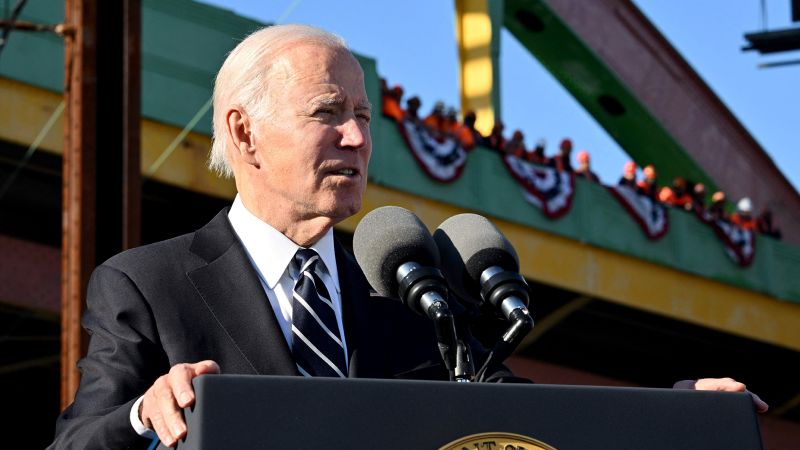Key takeaways:
- The White House announced its intention to end the COVID-19 public health emergency and national emergency on May 11.
- The extension of the emergency declarations will allow local governments and health care providers to transition back to pre-pandemic operations.
- The White House also announced its opposition to two Republican measures to end the emergencies.
The White House announced Monday that it plans to end the nation’s COVID-19 public health emergency and national emergency on May 11. The emergency declarations, which were declared in response to the pandemic, will be extended one final time to May 11.
The White House said that the extension of the emergency declarations will allow local governments and health care providers to transition back to pre-pandemic operations and avoid any chaos caused by an abrupt end to the declarations. The statement added that the wind down would align with the Administration’s previous commitments to give at least 60 days’ notice prior to termination of the (public health emergency).
Under the public health emergency, programs such as Medicare and Medicaid are able to provide extra funding to states to address pandemic-related care. The statement also clarified that the continuation of the emergency declarations until May 11 does not impose any restriction at all on individual conduct with regard to COVID-19.
The White House also announced its opposition to two Republican measures to end the emergencies. President Joe Biden has stated his intention to end the Covid-19 national and public health emergencies on May 11. The White House’s announcement of the extension of the emergency declarations should provide some relief to local governments and health care providers, who will have time to transition back to pre-pandemic operations.





Be First to Comment